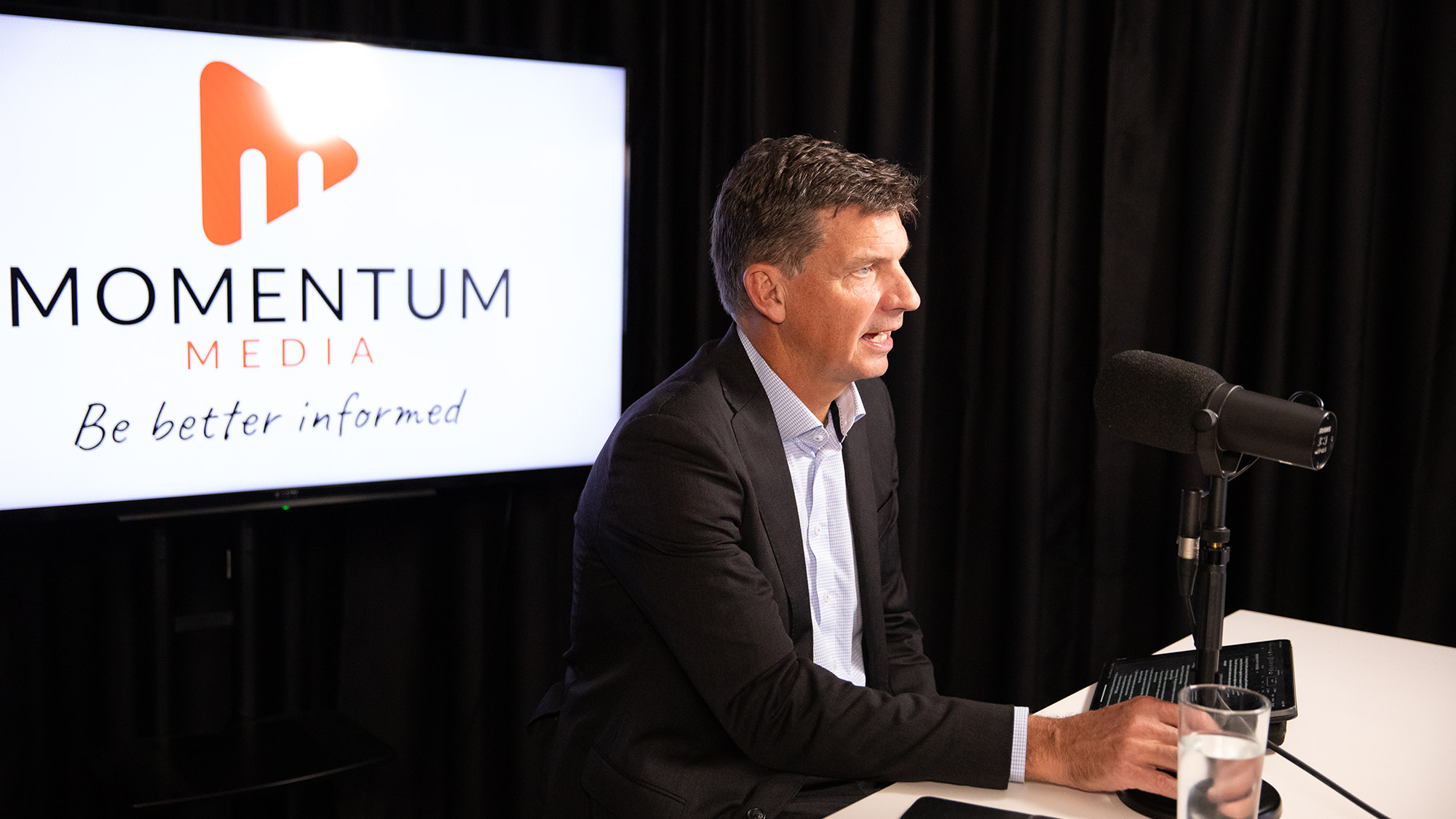UniSuper explains former executive’s $1.1m COVID-19 investment switching


A former senior executive within major industry superannuation fund, UniSuper switched investment allocations for an amount of around $1.1 million during the COVID-19 driven market volatility earlier this year.
UniSuper has gone to the trouble of informing the House of Representatives Standing Committee on Economics of the investment allocation switching in the “interests of completeness” after having overlooked the issue in earlier answers to the committee provided in August.
The chair of the parliamentary committee, Tim Wilson, had asked UniSuper as well as numerous other superannuation funds to outline the level of switching by members of the fund’s executive leadership team between the fund’s highest and lowest levels of funds under management earlier this year.
The fund said that it originally assumed that Wilson’s questioning intended UniSuper to focus on current executives, “and at the time we did not seek to identify switches by former members of our executive leadership team who were no longer with our organisation”.
“However, for the sake of completeness and for the avoidance of doubt there was one former executive who made switches on two dates during the relevant period in amounts of approximately $1.1 million per occasion,” the UniSuper response said.
The fund said that in making the supplementary disclosure it wanted to emphasise that it had appropriate written policies regulating, amongst other things, switching between investment options by staff and the management of conflicts of interest in relation to staff who are involved in the fund’s investment options.
“There was no breach of those policies by the individual concerned,” the UniSuper statement said.
“The individual concerned was not a person who was in any way involved in the fund’s investment operations and was therefore not a person who would have had any access by reason of their role to non-public, price-sensitive information which was relevant to their switches.
“The relevant switches occurred in February well before Melbourne’s pandemic-related lockdown and therefore preceded the volatility and general market commentary which followed the lockdowns in Australia’s major cities.”
Recommended for you
ASIC has called on superannuation funds to improve their oversight of advice fee deductions following an investigation of 10 trustees that found $990 million was charged in one year.
With just 30 per cent of Australians knowing their superannuation balance to the nearest $1,000, Findex has emphasised the role of financial advice in addressing the critical super knowledge gap.
Underestimating the cost of insurance by almost $75,000 in a Statement of Advice is among multiple reasons that a relevant provider has faced action from the FSCP.
Financial Services Council chief executive, Blake Briggs, is urging Minister for Financial Services, Stephen Jones, to take advantage of the QAR opportunity to reduce regulatory duplication and ensure advice is affordable.














